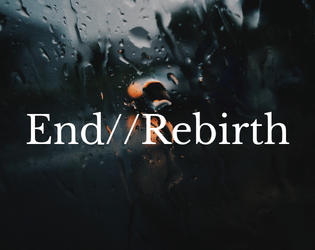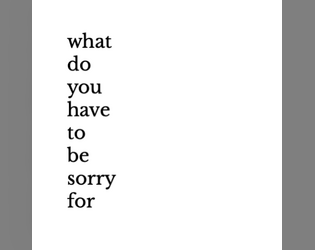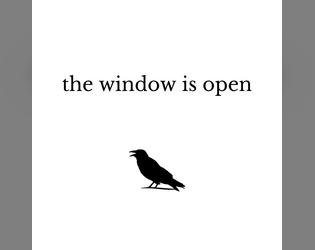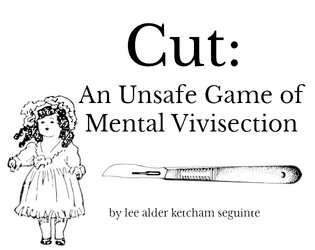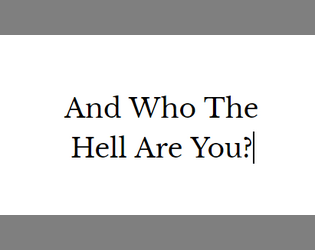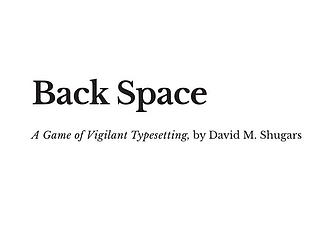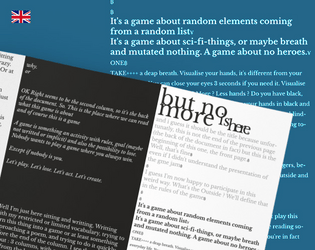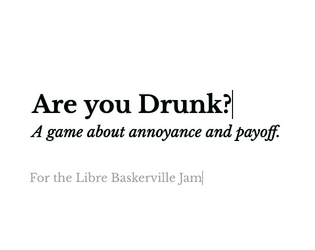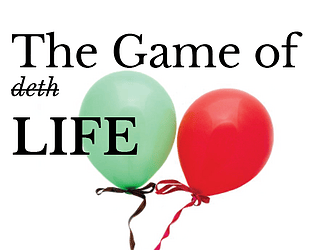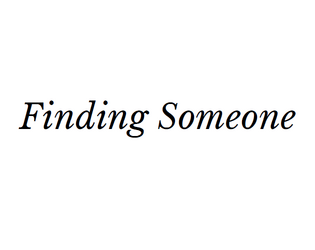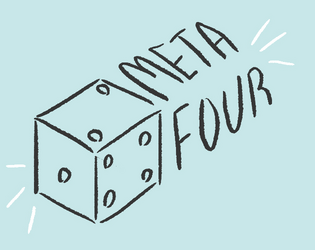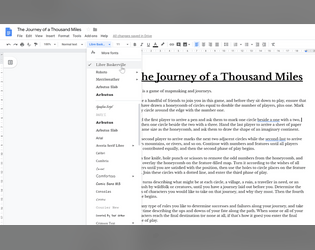
This jam is now over. It ran from 2019-06-19 05:00:00 to 2019-08-16 11:00:00. View 54 entries
Hello! I'd like you to read this first. It's a selection of passages from a lecture a poet named Jack Spicer gave in Vancouver on 13 June 1965:
JS: Now, tonight is rather an interesting time to discuss poetic dictation. It’s Yeats’s birthday. He’d be a hundred today if he weren’t up there with the big skywriters in the sky. And Yeats is probably the first modern who took the idea of dictation seriously. And he might be a good person to start out from, seeing as how—although I don’t know why a birthday should be so important—it still is his birthday.
He was on a train back in, I guess it was 1918. The train was, oddly enough, going through San Bernardino to Los Angeles when his wife Georgie suddenly began to have trances, and spooks came to her. He’d married at the age of forty-five, something like that, a rather rich woman who everyone thought he married just because she was a rich woman and Lady Gregory was getting old and wasn’t about to will him money. Georgie was in the tradition of the Psychic Research Society and all of that, and so naturally they would come in the form that the Psychic Research Society would think spooks would come in. And she started automatic writing as they were going through the orange groves between San Berdoo and Los Angeles.
And Yeats didn’t know what to make of it for a while, but it was a slow train and he started getting interested, and these spooks were talking to him. He still, I’m sure, thought that Georgie was doing all of this to divert him. He probably was in a nasty mood after having gone across the country on the Southern Pacific, which I imagine in those days was even worse than it is now. But he finally decided he’d ask a question or two of the spooks as Georgie was in her trance. And he asked a rather good question. He asked, “What are you here for?” And the spooks replied, “We’re here to give metaphors for your poetry.”
That’s something which is in all English department lectures now, but it was the first thing since Blake on the business of taking poetry as coming from the outside rather than from the inside. In other words, instead of the poet being a beautiful machine which manufactured the current for itself, did everything for itself—almost a perpetual motion machine of emotion until the poet’s heart broke or it was burned on the beach like Shelley’s—instead there was something from the Outside coming in.
Now, the difference between “We have come to bring metaphors for your poetry” and what I think most poets who I consider good poets today believe—and this would include people as opposite in their own ways as, say, Eliot on one hand and Duncan on the other—is essentially that there is an Outside to the poet. Now what the Outside is like is described differently by different poets. And some of them believe that there’s a welling up of the subconscious or of the racial memory or the this or the that, and they try to put it inside the poet. Others take it from the Outside. Olson’s idea of energy and projective verse is something that comes from the Outside.
I think the source is unimportant. But I think that for a poet writing poetry, the idea of just exactly what the poet is in relationship to this Outside, whether it’s an id down in the cortex which you can’t reach anyway, which is just as far outside as Mars, or whether it is as far away as those galaxies which seem to be sending radio messages to us with the whole the galaxy blowing up just to say something to us, which are in the papers all the time now. Quasads, or…
Q: Quasi-stars.
JS: Something like that. At any rate, the first step is reached, I think, with Yeats. But the way it works—“We have come to bring metaphors for your poetry”—this is like “we have come to bring fertilizer for your fields,” that kind of thing. You know, “well, you have such nice poetry, Mr. Yeats, and we spooks have come down from above to give you metaphors to hang it on to.”
Now this is not really what happens in my own experience, and I’ll be talking about my own experience most of the time. But I think I can also speak for the experience that others I know have had in dictated poetry…
*
The third stage I think comes when you get some idea that there is a difference between you and the Outside of you which is writing poetry, where you feel less proud of the poem that you’ve written and know damn well it belongs to somebody else, that your wife had the child by another father, and the wife being inside you, which makes the metaphor rather bad.
But then you start seeing whether you can clear your mind away from the things which are you, the things that you want, and everything else. Sometimes it’s a twelve-hour struggle to get a ten-line poem, not changing a single word of it as you’re writing, but just as it goes along, trying to distinguish between you and the poem. The absolute distinction between the Outside and the inside.
And here the analogy of the medium comes in, which Yeats started out, and which Cocteau in his Orphée, both the play and the picture, used a car radio for, but which is essentially the same thing. That essentially you are something which is being transmitted into, and the more that you clear your mind away from yourself, and the more also that you do some censoring—because there will be all sorts of things coming from your mind, from the depths of your mind, from things that you want, which will foul up the poem.
Jack Spicer, "Vancouver Lecture: Dictation and ‘A Textbook of Poetry’” from The House that Jack Built, edited by Peter Gizzi, published by Wesleyan University Press. Copyright © 1998 by the Estate of Jack Spicer.
This is a tabletop game jam, and I’d like you to participate. All you have to do is design a game. My hope is that you will design a game that comes from Outside. It’s harder than it seems, until it’s not. Here are some guidelines, which hopefully will prove useful in hearing the distant Martian radio transmissions that will become your game:
- Rule 1: Use Libre Baskerville. This is the only truly immutable rule. Your game must be comprised entirely of text, and all of the text must be in Libre Baskerville. You can use different sizes and weights of Libre Baskerville, you can make it slant or underlined or anything, as long as it’s Libre Baskerville. (nb: I attempted to write a more thorough justification for this rule several times, but it always turned out really shit, so you’re just going to have to take my word on this one.)
- Rule 2: Begin typing, and continue typing until you reach the end. Which is to say: no backspace, no editing, no jumping back to insert something you should have put in earlier. These are things that you are bringing to the game, from Inside, and this game comes from the Outside. You can stop to think—in fact, you should, and often—and you can come back to it later, starting exactly where you left off. If you absolutely must, you can strike through text that you wrote (especially if you suspect it is something you wrote, and not the Martians or whatever). We wear our mistakes like a red badge of courage.
- Rule 3: Once you have finished typing, publish it. No revision, no playtesting. Who do you think you are, to change the game? It doesn’t belong to you.
- Rule 4: Please set your minimum price to $0. The spirit of the jam is to see what happens when we forgo ownership of the game at every point in the process of making it. So it seems in the spirit of things to give it away. But if this is a make-or-break thing for you, I'd rather you participated and charged for your game. We hope that people enjoying the games will pay for them, obviously, but that's another issue.
I'd like to thank Natalie (@bigstuffedcat) for encouraging me to put this together. I can't wait to see what games you find!
Submissions(51)
All submissions
· Windows (3)
macOS (3)
Linux (3)
Android (2)
No submissions match your filter
Do you hate math? Play this game and don't hate it instead!
Avant-garde games about interpretation, emotion, and reclamation.
a ""game"" created through both drunken and automatic writing with no edits permitted
A ttrpg for two people, but this isn't a game for you. This is a game for us.
A one person game inspired by Wallace Shawn's The Fever
A 1-page, 1-player RPG about a cat. Part of the Libre Baskerville Game Jam.
the quintessential lovers through the lens of Rumi
Role Playing
A 1-? player game about controlling your secret flaws in the midst of a public debate
A two-player LARP about talking to a ghost.
A game of competing childhood truths, dares, and that one house no one talks about.
A tabletop RPG about the people who always have to succeed, and those who should never succeed.
A two-player mini-RPG about where art comes from. #LibreBaskervilleJam
Entry for the Liber Baskerville Jam. A game (?) about being chased by a dog.






